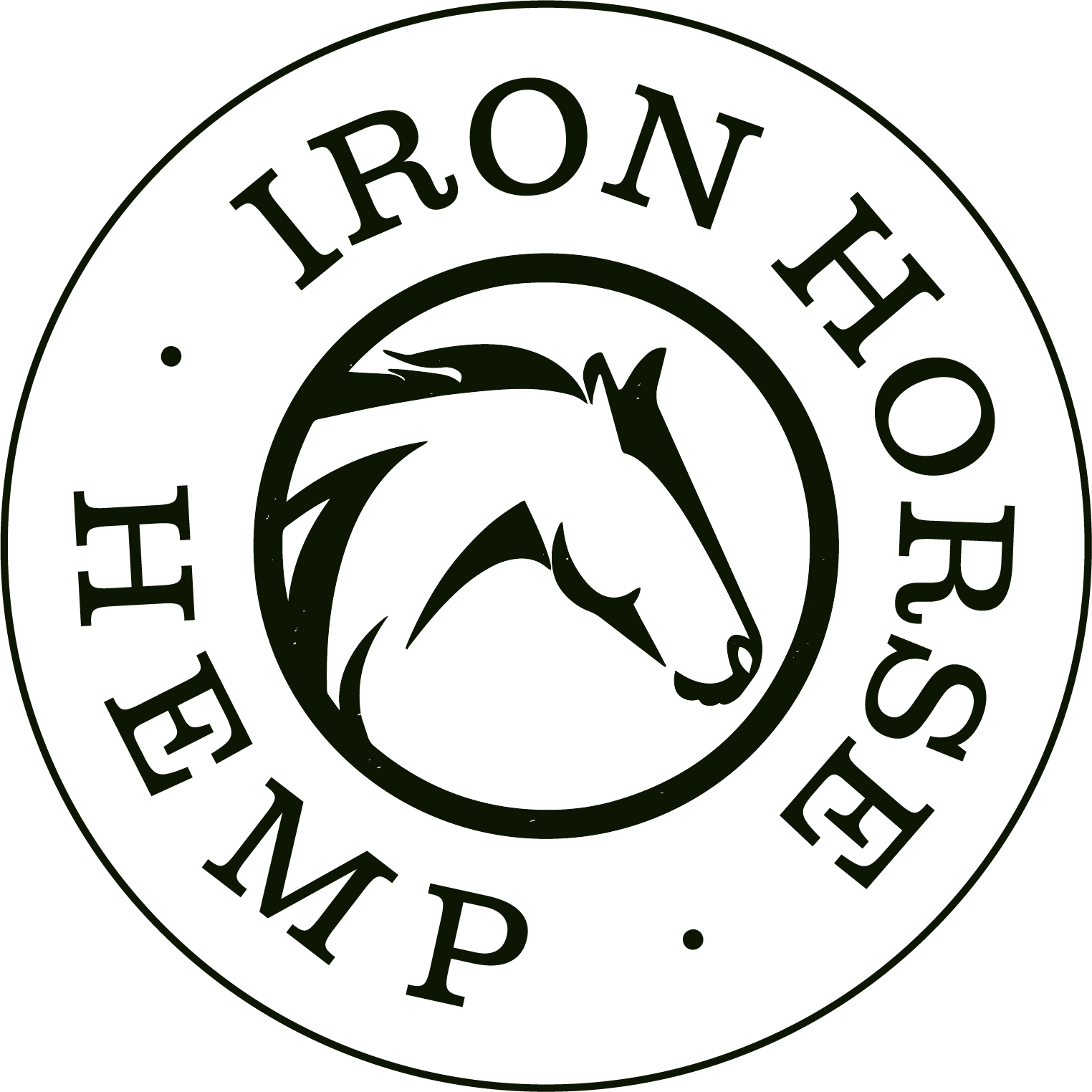Horse owners who value a natural lifestyle are seeking out gentle, plant-based ways to care for their horse's skin, joints, and immune system.
One supplement that’s gaining popularity is hemp seed oil—a natural, plant-based oil rich in omega fatty acids. But what makes it special, and is it worth adding to your horse’s diet?
Let’s take a closer look at the science behind it.
What is Hemp Seed oil?
Hemp seed oil is a natural oil pressed from the seeds of the hemp plant (Cannabis sativa). Unlike CBD oil, which is extracted from the flowers and leaves, hemp seed oil comes only from the seeds and contains little to no cannabinoids like CBD or THC.
Here’s what makes hemp seed oil unique:
- Rich in essential fatty acids, especially omega-3 and omega-6
- Contains vitamin E and antioxidants
- Naturally free from THC and CBD (so it won't have psychoactive or sedative effects)
What are Omega fatty acids?
Fatty acids, such as Omega-3 and 6, are essential to the diet, meaning they must be consumed via a feed source. Fatty acids are healthy fat sources that can be used as energy sources as well as being an important functional component of cells. Creating a balance of Omega-3 and 6 within the equine diet is ideal, as both are needed for optimal well-being. Both types of fatty acids are incorporated into cell membranes and impact cellular functions. For example, Omega-3 fatty acids are anti-inflammatory, and Omega-6 fatty acids are pro-inflammatory, both being important biological processes.
In natural grazing conditions where they are eating fresh grass, horses consume more omega-3 than omega-6, which helps regulate inflammation. However, modern day horse keeping practices can limit access to pasture and result in diets where omega-3 levels are considerably lower. Omega-3 fatty acids are not heat stable, and a significant amount can be lost during the hay-curing and storing process. Once grass is cut, exposure to sunlight, air, and heat can cause omega-3 fatty acids to oxidize, making them less effective or completely inactive. It has also been shown, that after a few months of storage, the omega-3 content in hay can be almost negligible. Combine this with feeds that contain grains which tend to be higher in omega-6 fat, or commonly used fat sources high in omega-6 like vegetable oils and rice bran, and suddenly the horse’s diet no longer has the natural profile of fatty acids.
Horses consuming a hay-based diet, may need additional omega fatty acid support, especially omega-3. The same applies for horses on high levels of concentrate feed. Research has shown that horses are quite effective at digesting supplemental fat and that fat can provide a source of what are considered “cool calories”. Because of the lack of omega-3 fat in most equine diets, when formulating diets, adding sources of fats that provide omega-3 fat to create a more balanced ratio is recommended. However, currently, no specific Omega fatty acid ratio is established for horses.
Omega-3 Fatty Acids
The three main types of Omega-3 fatty acids are ALA (alpha-linolenic acid), EPA (eicosapentaenoic acid), and DHA (docosahexaenoic acid). While ALA is primarily found in plant sources, EPA and DHA are abundant in fatty fish and certain marine organisms. Hemp seed oil provides a good level of ALA, which makes it an option for balancing out the Omega content within the diet.
One of the key benefits of Omega-3 fatty acids lies in their anti-inflammatory properties. Chronic inflammation is often associated with many health issues, including conditions of the respiratory system, arthritis, metabolic dysregulation, allergies and even skin sensitivities.
By reducing the production of pro-inflammatory molecules and supporting the production of anti-inflammatory factors, Omega-3s help to maintain a balanced immune response. In human studies, Omega-3 fatty acids have also been shown to have a positive effect on the gut microbiome and may improve gut barrier function and reduce endotoxin leakage.
And while hemp does not provide DHA or EPA it does have something special up its sleeve.
Hemp's secret weapon!
Hemp seed oil has one particular benefit over other plant-based omega-3 oils, and that is its inclusion of GLA (gamma-linolenic acid). While GLA is classified as an omega-6 fatty acid, it behaves differently from other omega-6s known to promote inflammation. In humans, GLA has shown anti-inflammatory effects and may help manage various chronic conditions such as skin disorders, allergies, arthritis, cardiovascular issues, and diabetes. Although specific research in horses is limited, it's reasonable to consider that GLA could offer similar benefits in managing inflammation-related conditions in equines. A study in horses feeding a combination of GLA and omega-3 fatty acids showed that the the horses had a lower incidence of gastric ulcers. Hemp seed oil is one of the richest sources of this important fat making it an excellent addition to the equine diet.
Hemp provides extra support
How seeds are processed to create the resulting oil matters. Some oil processing utilizes harsh chemicals and screening processes that remove many of the complimentary nutrients that may have health benefits. Hemp seed oil from reputable brands that have been cold-pressed, and are unrefined means that the hemp seed oil retains more of its additional beneficial nutrients such as polyphenols, beta-carotene and various fat-soluble vitamins such as vitamin E.

